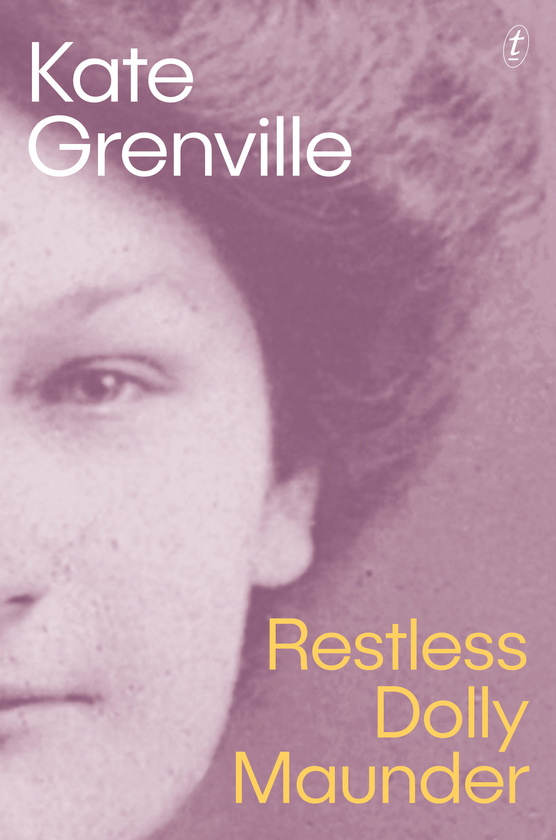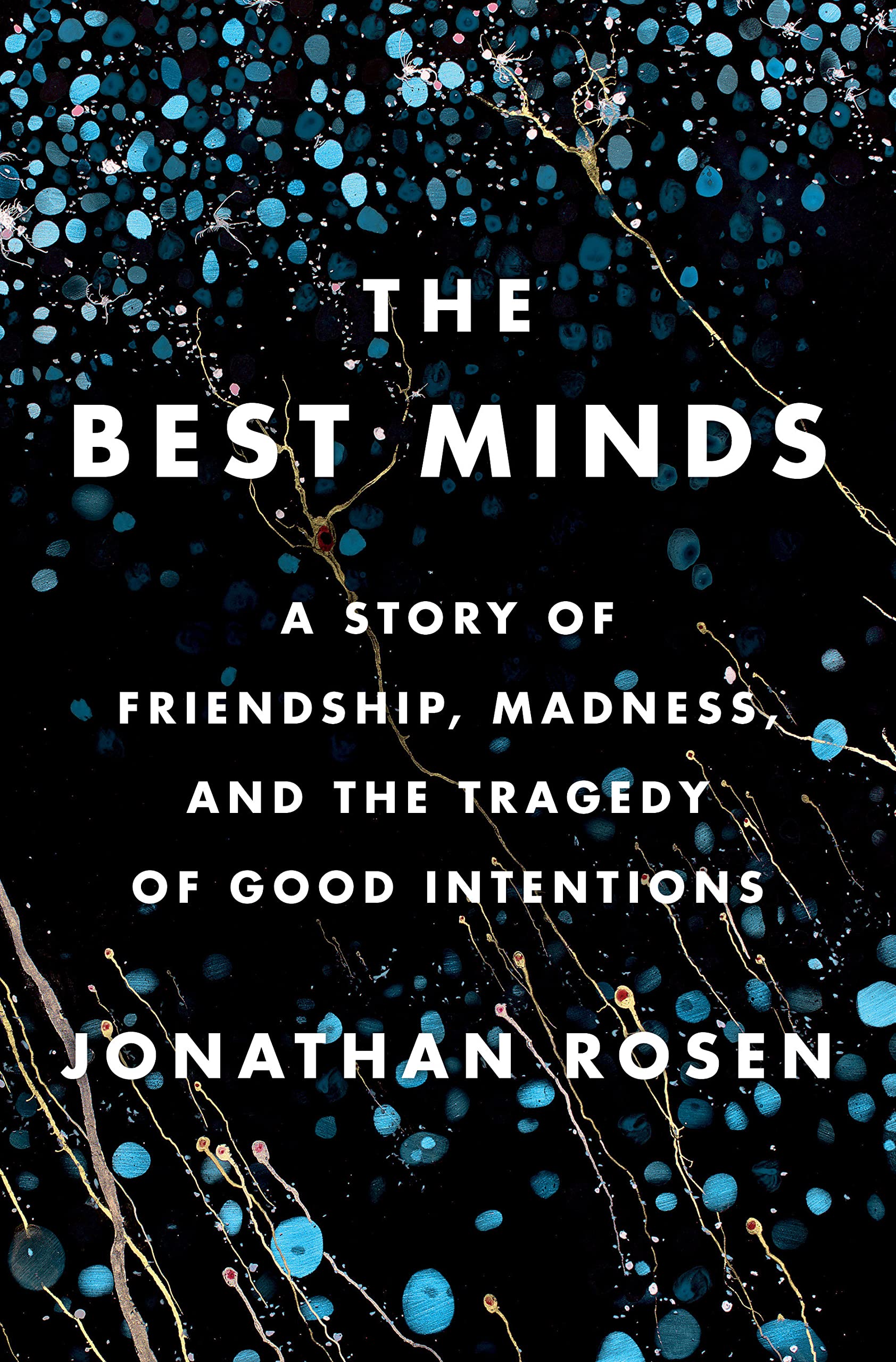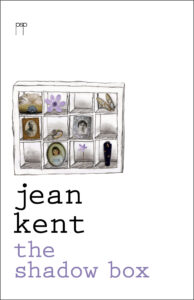 As the fast-paced story unfolds in a movie-like style in a fictitious country that Kimindero calls “Mother Nyeka”, the reader is presented with an opportunity to question and smell the crudeness, controversies and dishonesties of some of the characters. For instance, Watoro mockingly refers to Kimendero as “Minister of Fairness”, a former government official who happens to have been jailed at one time for misappropriating public funds.
As the fast-paced story unfolds in a movie-like style in a fictitious country that Kimindero calls “Mother Nyeka”, the reader is presented with an opportunity to question and smell the crudeness, controversies and dishonesties of some of the characters. For instance, Watoro mockingly refers to Kimendero as “Minister of Fairness”, a former government official who happens to have been jailed at one time for misappropriating public funds.
Singing From the Jugular: Review of The Book of Redacted Paintings by Arthur Kayzakian
 The collection gives us a cohesive, quiet voice of a narrator who seems at times to not necessarily want to talk to us. We’re faced with an internal negotiation, and perhaps finally reconciliation, with one’s own version of truth. The loops of memory – there is repetition in many of the poems – tease us with the fact that history is only ever a partial account of events.
The collection gives us a cohesive, quiet voice of a narrator who seems at times to not necessarily want to talk to us. We’re faced with an internal negotiation, and perhaps finally reconciliation, with one’s own version of truth. The loops of memory – there is repetition in many of the poems – tease us with the fact that history is only ever a partial account of events.
A review of Restless Dolly Maunder by Kate Grenville
 Restless Dolly Maunder is an easy and fast-paced read. It may be labelled as fiction, and certainly Grenville uses all of her narrative capabilities to create such a compelling character, but the book is as much a story of Australia’s history as it is the tale of a strong, intelligent and thwarted woman whose struggles helped transform the lives of generations to follow.
Restless Dolly Maunder is an easy and fast-paced read. It may be labelled as fiction, and certainly Grenville uses all of her narrative capabilities to create such a compelling character, but the book is as much a story of Australia’s history as it is the tale of a strong, intelligent and thwarted woman whose struggles helped transform the lives of generations to follow.
An Interview with Kathryn K. Abdul-Baki
 The author of Dancing Into the Light: An Arab-American Girlhood in the Middle East talks about her new book, what it was like growing up with parents who had two very different cultural backgrounds and other childhood memories, dispelling stereotypes, grief and families, dancing, and lots more.
The author of Dancing Into the Light: An Arab-American Girlhood in the Middle East talks about her new book, what it was like growing up with parents who had two very different cultural backgrounds and other childhood memories, dispelling stereotypes, grief and families, dancing, and lots more.
Rest, Unrest, and Redefining Humanity: A review of A Northern Spring by Matt Mauch
 In braiding his ruminative nonfiction with his soaring lyrical poetry, Mauch paints his 2020 in beautiful lines, hard truths, and the dual mundanity and terror of being stranded internationally as the world shut down. In writing from two Northern settings, Mauch explores what a time of rest and unrest can reveal about the human experience.
In braiding his ruminative nonfiction with his soaring lyrical poetry, Mauch paints his 2020 in beautiful lines, hard truths, and the dual mundanity and terror of being stranded internationally as the world shut down. In writing from two Northern settings, Mauch explores what a time of rest and unrest can reveal about the human experience.
A review of The Best Minds by Jonathan Rosen
 Jonathan Rosen became best friends with Michael Lauder at age ten. His outstanding new book, The Best Minds, offers an assiduously researched and compelling portrait of the man. It also raises questions about the responsibilities of friendship, and the human capacity for denial. Twenty-five years have elapsed since Lauder’s criminal unravelling, a span that has given Rosen space and time not only to research the people and ideas of this story, but to sift through his own complex feelings about Lauder and the path his life took.
Jonathan Rosen became best friends with Michael Lauder at age ten. His outstanding new book, The Best Minds, offers an assiduously researched and compelling portrait of the man. It also raises questions about the responsibilities of friendship, and the human capacity for denial. Twenty-five years have elapsed since Lauder’s criminal unravelling, a span that has given Rosen space and time not only to research the people and ideas of this story, but to sift through his own complex feelings about Lauder and the path his life took.
A review of The Man, the Boy and the Tamarisk Tree by Tess Driver
![]() The poet observes the world around her, creating poems from ‘moments in time’. She could be in Bali, the Serengeti or Argentina. With vivid descriptions she tells sad stories like the one about a bear in the Albanian border who was abused and starved or the elephants who will die for the ivory in their tasks. Obviously, the poet is an animal lover.
The poet observes the world around her, creating poems from ‘moments in time’. She could be in Bali, the Serengeti or Argentina. With vivid descriptions she tells sad stories like the one about a bear in the Albanian border who was abused and starved or the elephants who will die for the ivory in their tasks. Obviously, the poet is an animal lover.
A review of Diving At The Lip of The Water by Karen Poppy
 Karen Poppy doesn’t spare the reader of discomfort and grimaces when exploring her identity. She courageously uncovers the secrets of the women in her family, like one who skins the animals in the collection. However, in the last two parts, the poet shows what the healing process looks like and presents us a strong voice protected by the elegance of language, and those extraordinary Voltas at the end of poems.
Karen Poppy doesn’t spare the reader of discomfort and grimaces when exploring her identity. She courageously uncovers the secrets of the women in her family, like one who skins the animals in the collection. However, in the last two parts, the poet shows what the healing process looks like and presents us a strong voice protected by the elegance of language, and those extraordinary Voltas at the end of poems.
A review of The Shadow Box by Jean Kent
 The poetry is often epigraphed by a snippet from a letter, either from George to Jean or Jean to George, charged by its setting as the characters move from Australia through Gallipoli, Egypt, Paris, and Palestine. The result is a tender ekphrastic that utilises these artefacts: a wedding dress, a hat, diary entries, letters, or a pressed flower to bring the past into the present, connecting the generations.
The poetry is often epigraphed by a snippet from a letter, either from George to Jean or Jean to George, charged by its setting as the characters move from Australia through Gallipoli, Egypt, Paris, and Palestine. The result is a tender ekphrastic that utilises these artefacts: a wedding dress, a hat, diary entries, letters, or a pressed flower to bring the past into the present, connecting the generations.
A review of Breakfast in Fur by Jessica Murray
 This isn’t a book that makes decisions for the reader. Murray’s knowledge and reference to other forms of art, schools, and theories is broad enough that the reader can find their own stolen moments of either appreciation or critique. But there are consequences for not having an “intermediary structure” (Murray 51) as simple as a porch that potentially shelters a wild cat.
This isn’t a book that makes decisions for the reader. Murray’s knowledge and reference to other forms of art, schools, and theories is broad enough that the reader can find their own stolen moments of either appreciation or critique. But there are consequences for not having an “intermediary structure” (Murray 51) as simple as a porch that potentially shelters a wild cat.